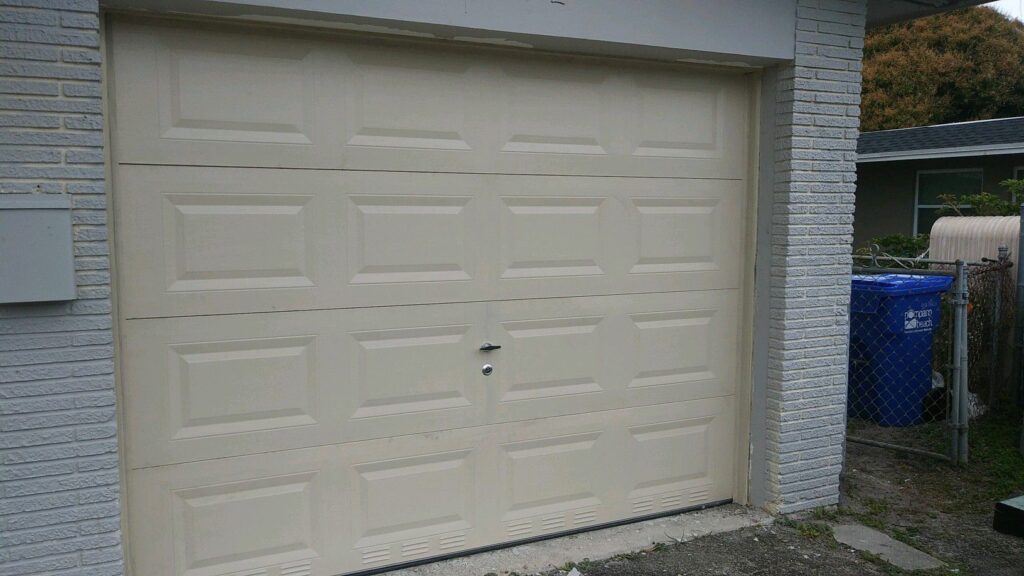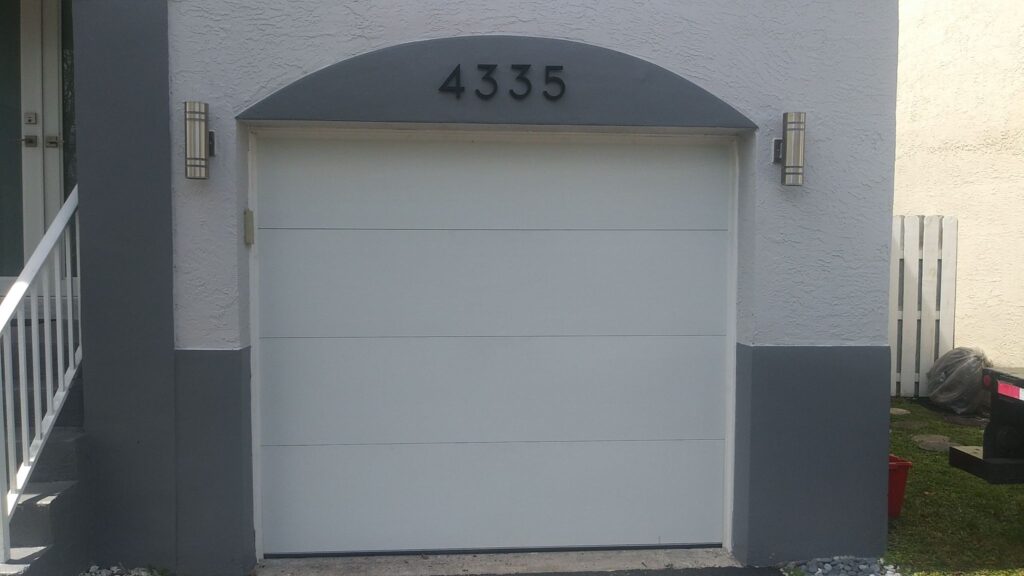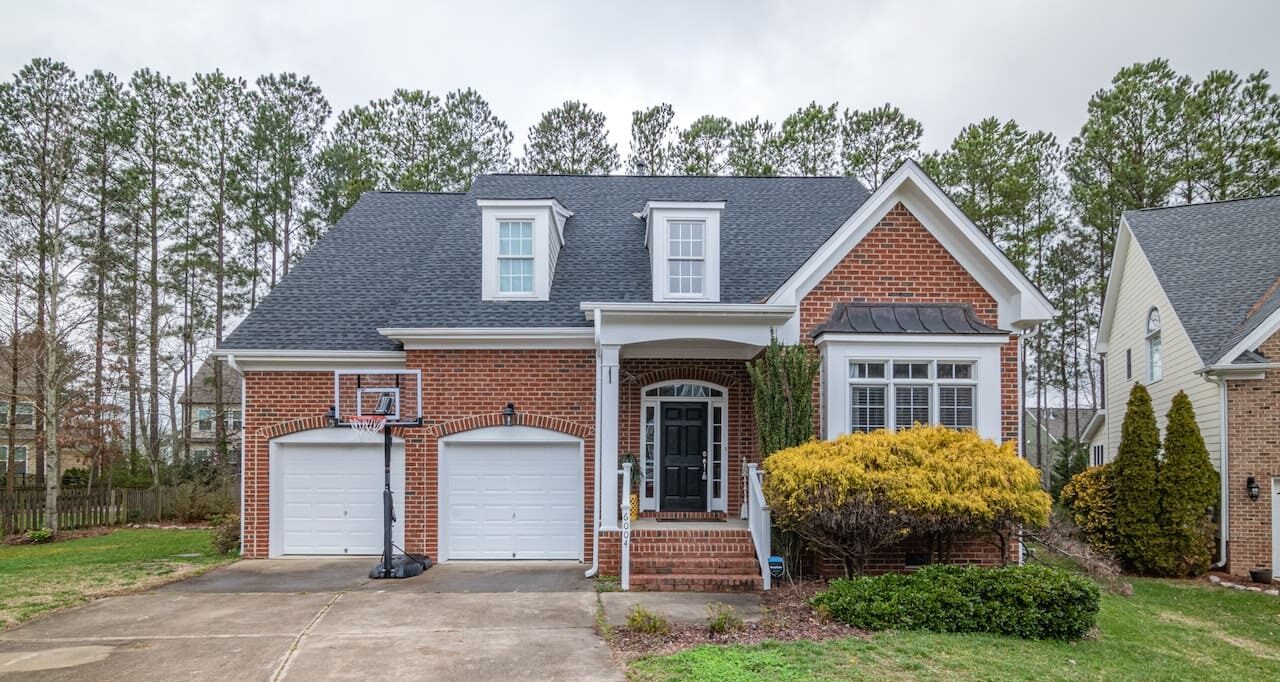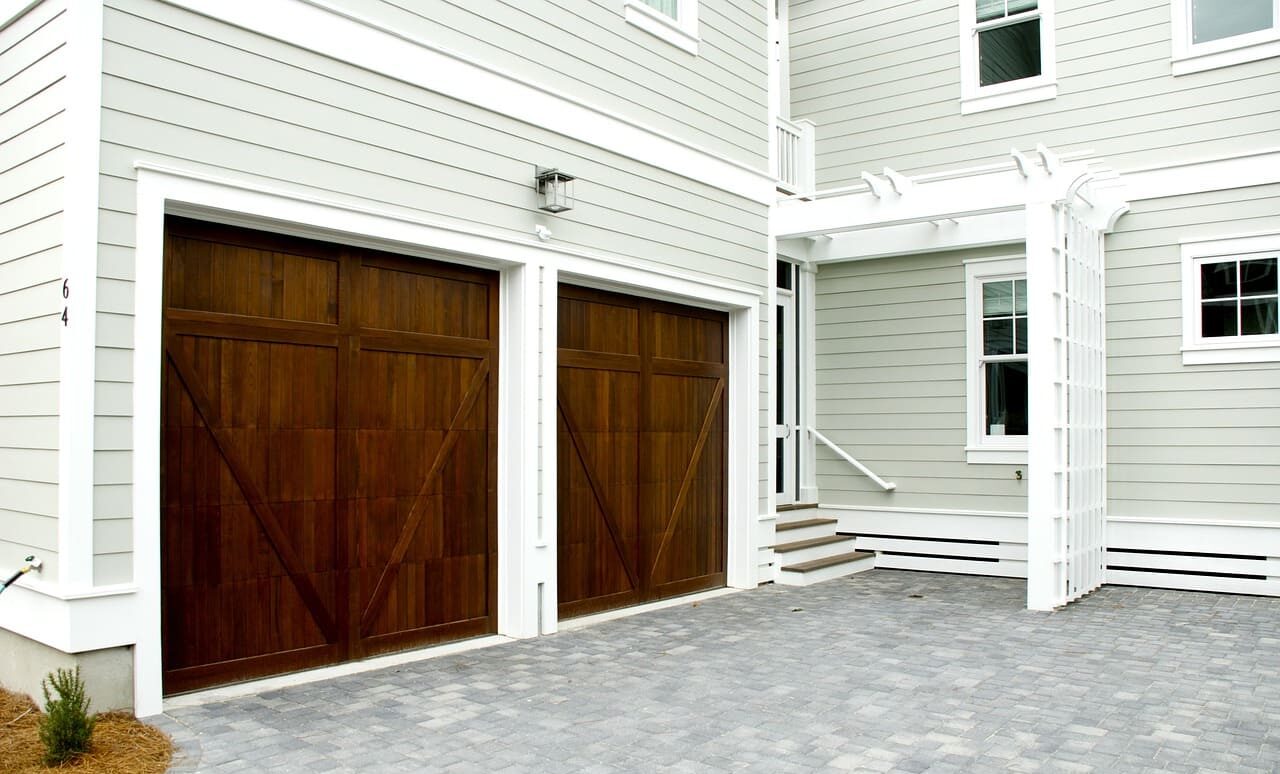Garage doors may seem like a mundane aspect of homeownership, but they play a crucial role in both aesthetics and functionality. When considering installing a new garage door, various factors come into play, each influencing the overall outcome of the project.

Importance of a Garage Door
Your garage door is not just an entry point for your vehicles; it’s a vital component of your home’s security and curb appeal. Proper installation ensures that your garage door functions seamlessly, providing convenience and peace of mind. Additionally, knowing when to change a garage door helps in maintaining both functionality and aesthetics.
Significance of Proper Installation
A well-installed garage door contributes to the overall efficiency of your home. It not only enhances the visual appeal but also adds to the property value. Understanding common mistakes made when installing a garage door can help ensure a successful outcome and prevent unnecessary expenses.
Budgeting for Your Garage Door
Your garage door is more than just a functional element of your home; it’s a crucial component of both aesthetics and security. When considering the installation of a new garage door, one of the primary steps is establishing a realistic budget. In this section, we’ll delve into the key considerations for budgeting and why it’s a critical aspect of the garage door installation process.
Setting a Realistic Budget
Before you start exploring garage door options, it’s essential to determine how much you’re willing to invest. Consider not only the cost of the door itself but also the expenses related to professional installation. Setting a realistic budget from the outset helps you narrow down your choices and ensures that you don’t encounter financial surprises during the installation process. Additionally, when getting a new garage door, are rails included in the cost? Clarifying such details upfront avoids unexpected costs.
Exploring Material Costs
Garage doors come in various materials, each with its unique characteristics and price points. Understanding the material costs is crucial in aligning your preferences with your budget. Understanding what to look for when buying a new garage door allows you to make an informed decision based on your budget constraints.
Professional Installation Fees
While some homeowners may be tempted to take on the installation as a DIY project, investing in professional installation is highly recommended. Professional installers bring expertise and ensure that the door is installed securely and operates smoothly. Factor in the cost of hiring a professional to your budget, as this contributes to the overall success and longevity of your garage door. Consider questions to ask when looking for a new garage door installer to ensure you choose the best professional for the job.
Choosing the Right Garage Door Material
Selecting the right material for your garage door is a pivotal decision. The material not only influences the door’s appearance but also its durability, maintenance requirements, and overall performance. In this section, we’ll explore the characteristics of different garage door materials, helping you make an informed choice that aligns with your preferences and needs.

Understanding Garage Door Styles
- Traditional Raised-Panel Doors: The classic raised-panel design complements various architectural styles. It’s a versatile option that adds a touch of elegance to your home.
- Carriage-House Doors: Rustic Charm: For those seeking a rustic and charming look, carriage-house doors replicate the appearance of traditional carriage houses.
- Contemporary Styles: Sleek and Modern: Modern homes often benefit from contemporary garage door styles, characterized by clean lines and minimalist designs.
Considering Insulation Options
- Importance of Garage Insulation: Insulating your garage door is essential for temperature regulation within the space. It not only contributes to energy efficiency but also provides a more comfortable environment.
- Types of Insulation Materials: Various insulation materials, such as polystyrene and polyurethane, offer different levels of insulation.
- Energy Efficiency and Cost Savings: Investing in a well-insulated garage door pays off in the long run.
Garage Door Mechanisms
- Sectional Doors: Space-Efficient: These open vertically, maximizing the available space in your garage.
- Roll-Up Doors: Industrial and Practical: Common in commercial settings, roll-up doors are durable and space-efficient.
- Side-Hinged Doors: Classic and Functional: These swing open like traditional doors, ideal for garages with ample exterior space.
Security Features for Your Garage Door
- Smart Technology Integration: Modern garage doors often come with smart technology features, allowing remote control and monitoring.
- Reinforced Locking Systems: A secure garage door is essential for home safety.
- Motion Sensor Lighting: Enhancing security while improving nighttime visibility.
Maintenance Tips for Longevity
- Regular Inspection Routine: Establish a routine for inspecting your garage door. Knowing when to have a garage door installed ensures timely maintenance and longevity.
- Lubrication of Moving Parts: Proper lubrication prevents wear and tear.
- Professional Maintenance Services: Periodic professional checks address potential issues.
Hiring the Right Professional Installer
- Researching Local Installers: Look for reputable companies with a history of successful installations.
- Checking References and Reviews: Reviews provide insights into reliability and workmanship.
- Obtaining Multiple Quotes: Compare services, prices, and customer reviews before deciding.
Final Considerations
Before installation, it’s essential to clarify logistics. Ask yourself: when installing a new garage door, does the garage need to be empty? and how much place to clear when installing a new garage door? These factors ensure a smooth process. Additionally, consider whether you need to replace the tracks when installing a new garage door or if you need to remove your old garage door when you have a new one installed. If you’re also adding an opener, ask do I need to replace all the equipment when installing a garage door opener? and what do I need to replace when I buy a new garage door opener?
Moreover, when buying a new garage door, is it smart to paint? A fresh coat can enhance aesthetics and longevity. Lastly, knowing when do garage doors get installed, when do garage doors install, and when do you need a new garage door helps in planning the right time for installation.
In conclusion, installing a new garage door involves thoughtful consideration of various factors. From choosing the right material and style to ensuring security features and complying with local regulations, each decision impacts the overall success of the project. By asking the right questions to ask when buying a new garage door, you can make an informed choice that best suits your home and budget.In conclusion, installing a new garage door involves thoughtful consideration of various factors. From choosing the right material and style to ensuring security features and complying with local regulations, each decision impacts the overall success of the project. For expert garage door service in Florida, make sure to work with trusted professionals.





